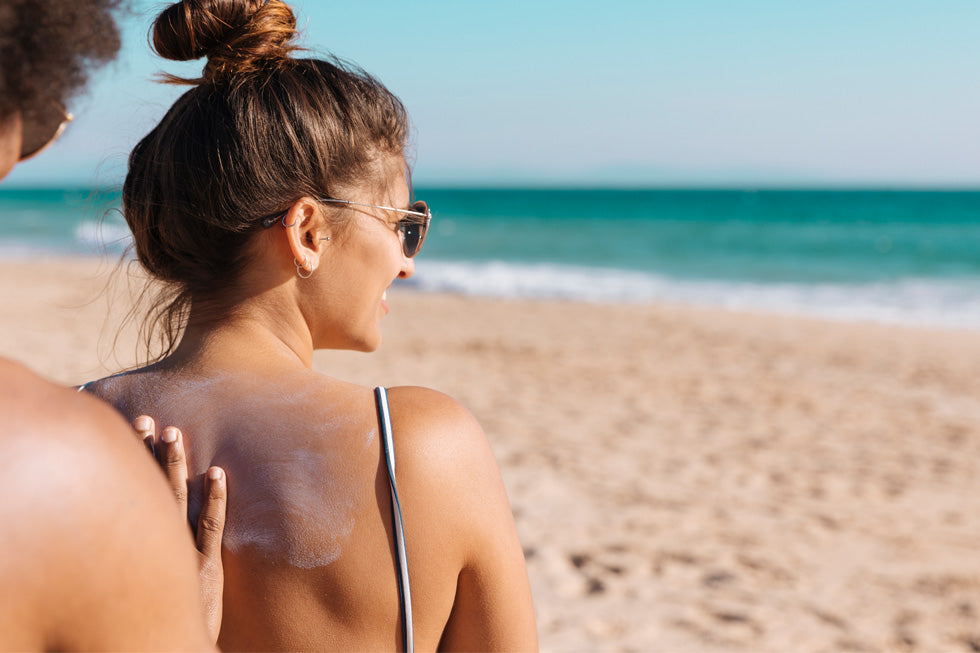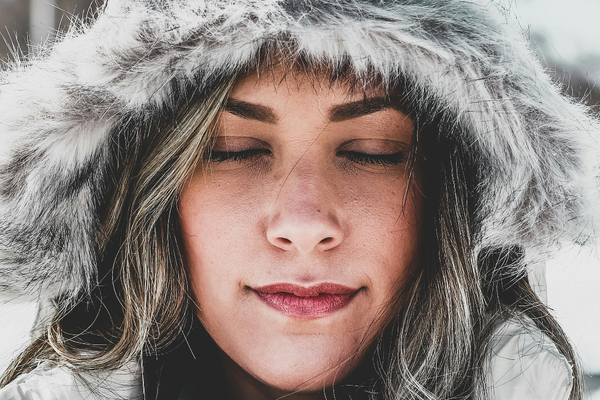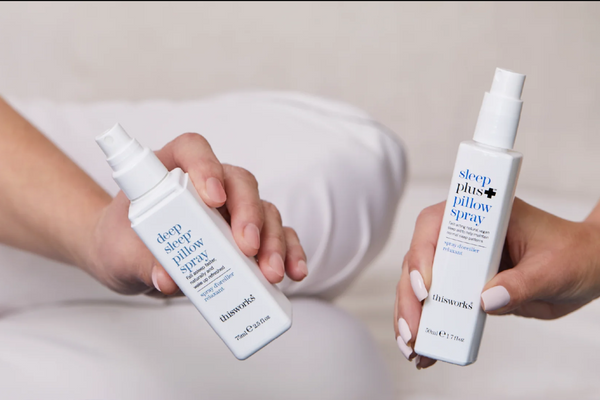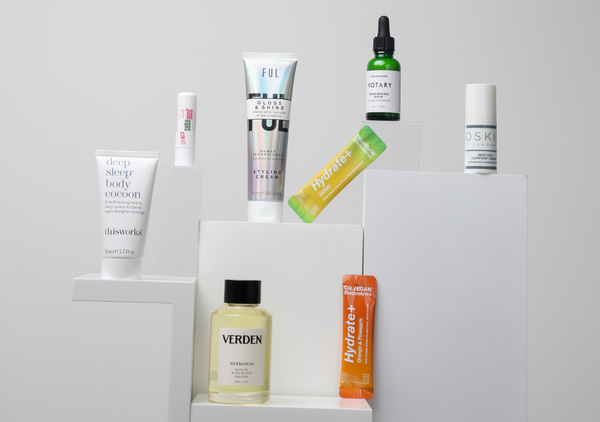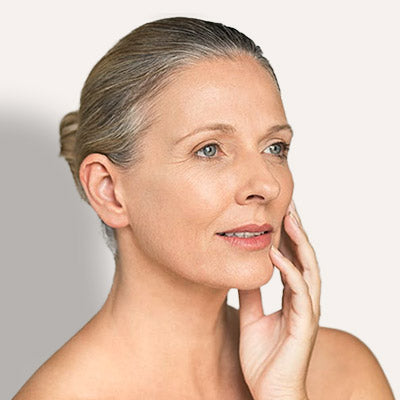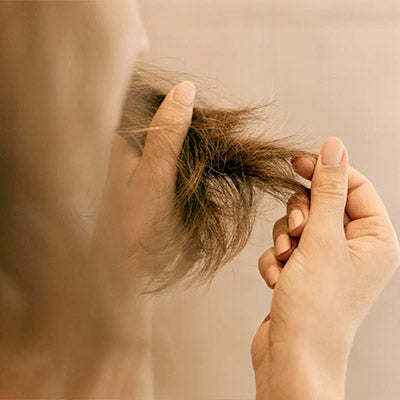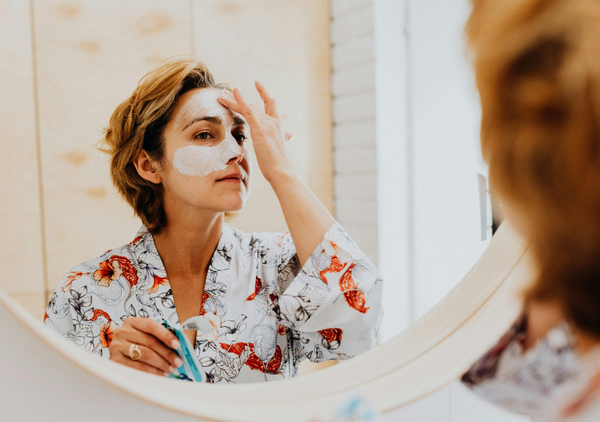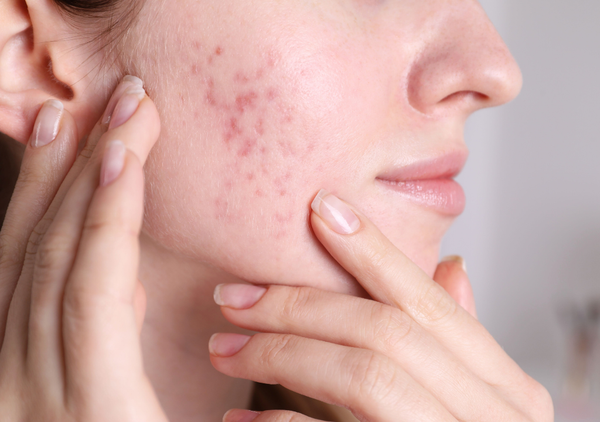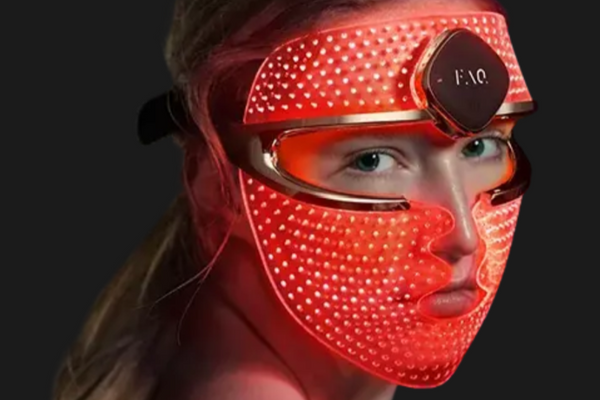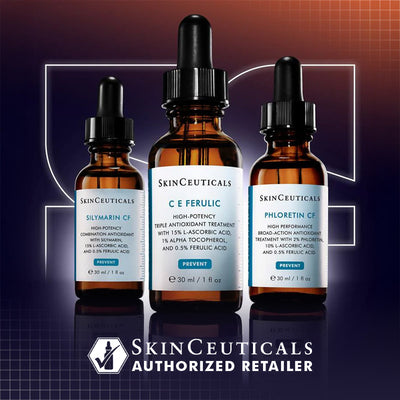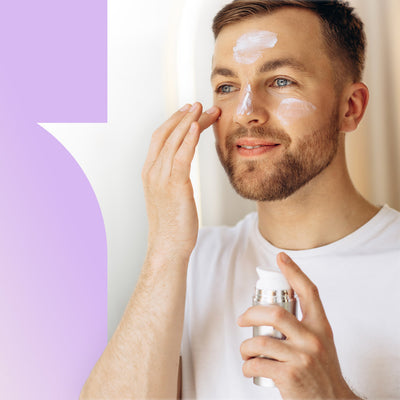What To Do If You Get Sunburned
If there's one thing both my colleagues in clinic and I refuse to be without, it's sunblock! So there's no surprise that sun protection products are always the bestsellers at Face the...
If there's one thing both my colleagues in clinic and I refuse to be without, it's sunblock! So there's no surprise that sun protection products are always the bestsellers at Face the Future. We all know that SPF is an absolute must, not only during the sunny days we've been experiencing lately, but also on the rainy days that we are more than used to during a typical British “summer!
We advise our patients to wear SPF for all the obvious reasons such as preventing sun damage, ageing, pigmentation and overall UV protection, but with so many SPF's to choose from, there's no excuse for getting burnt. However, we understand that mistakes sometimes happen, and over the next few months we will see a string of patients whose skin has been burnt and compromised by sun exposure.
So here are our top tips on how to protect and soothe your skin - and most importantly - prevent it from happening again!
What is sunburn?
Sunburn is a radiation reaction caused by Ultra Violet rays from over exposure to the sun. This reaction triggers blood vessels to expand, causing swelling and redness in the area.
UVA & UVB protection
The UV (Ultra Violet) rays that reach earth's surface and cause damage to skin are: long wave Ultra Violet A (UVA) and short wave Ultra Violet B (UVB). UVA rays penetrate deep into the dermis - skin's thickest layer - and play a role in the premature ageing of skin.
UVB rays cause burning in the top layers of skin, while UVA rays penetrate much deeper, heightening the risk of skin cancer, causing cellular damage, ageing and accelerating the formation of premature wrinkles.
There are so many products on the market that offer solely UVA protection but in clinic, we focus on recommending products that contain both UVA and UVB filters - offering effective broad-spectrum sun protection.
How to soothe your skin after too much sun
If you get sunburned, it's important to act quickly and re-hydrate the skin as soon as possible. The effects from the initial sunburn can last anywhere from 3 to 7 days depending on how severe the burn is.
In very extreme cases, medical intervention may be required.
You must:Keep hydrated - drink plenty of water & rehydrate from the inside as prolonged sun exposure causes moisture to be drawn to skin's surface as a natural response to the dehydration caused by sunburn.
Cool your body down - have a cool bath or shower - not too cold that it shocks the body as this can dry out the skin but a moderate temperature can ease the burn.
Apply a cool compress - if the burn is located to one area, apply a cool compress against the sunburned area. Remember not to apply ice directly on skin as this can cause a cold burn and just make the situation worse.
Moisturise - regularly apply a soothing after sun lotion. Try keeping it in the fridge for added comfort and cooling action when applying. Look for products such as post-laser gels or lotions containing Aloe Vera to help hydrate and calm skin.
For the face, we always recommend applying DMK Beta Gel, which really helps to calm irritated skin.
Spray/mist - hydrating water sprays and mists are fantastic to help refresh and cool dehydrated skin. DMK Herb and Mineral Mist is a unique mineral and vitamin formulation that assists with tissue hydration and aides the absorption of subsequent products. Try placing it in the fridge for an added cooling and refreshing action.
How to prevent sunburn in the first place!
As we've said multiple times, a minimum SPF 30 should be used every day, but with so many different SPFs to choose from, here are a few things to remember when choosing a new sun protection product
Does it protect against UVA and UVB? Look closely on the bottle to ensure that your skin will be protected against both UVA and UVB rays.
Can I re-apply? SPF should be re-applied every two hours and more often when perspiring, swimming or towelling. If you are wearing makeup, look for a spray or mist formula that can be applied on top without disrupting makeup.
What does water resistant mean? Water resistant SPFs are great and seem ideal for use on children, but advice from the professionals always states to continue re-application throughout the day.
Let us help you to enjoy the sun safely. To book your FREE consultation with our expert clinicians, call 0113 282 3300 or book online. You can also speak to our team of skincare experts who can provide personalised product recommendations, suited to your skin types, just call 0113 282 7744 or shop online.
Written for you by: Suzanne, Face the Future
Image source: freepik.com

